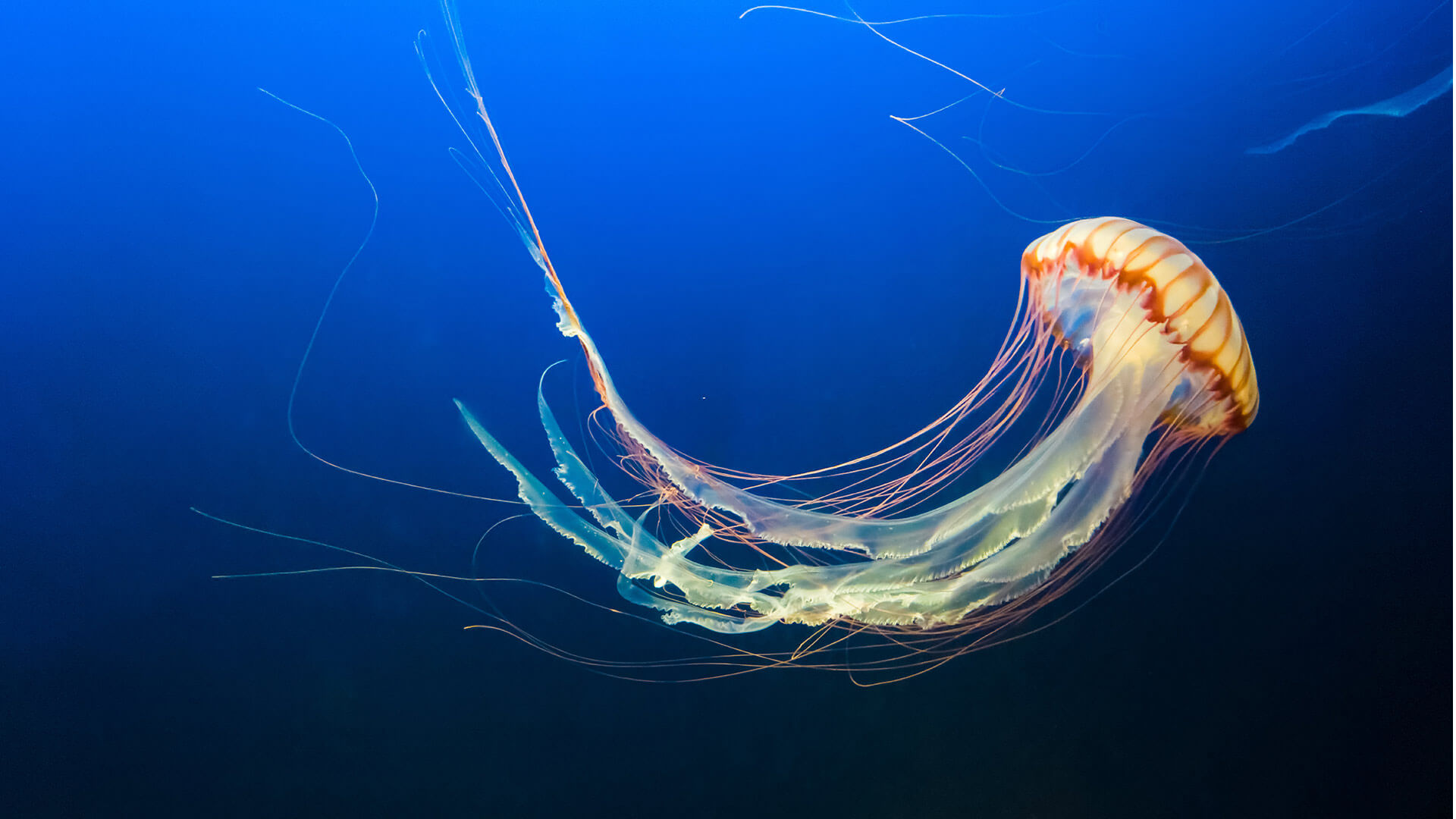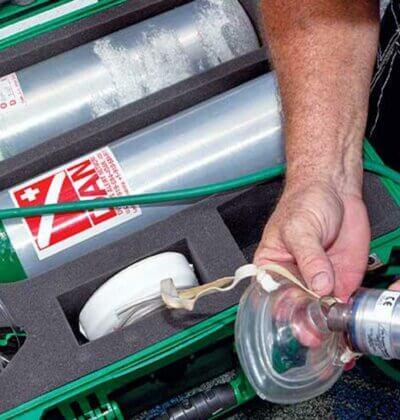 Diving Health
Diving Health
The Benefits of Oxygen for Scuba Diving Illnesses
Scuba diving is a breathtaking adventure that allows us to explore the wondrous world beneath the seas. However, as with any exhilarating activity, scuba diving comes with its own set of inherent risks and challenges. From time to time, thankfully rarely, scuba diving accidents or illnesses do occur. These can range from minor discomfort to life-threatening situations. Forunatelty one essential tool that plays a crucial role in mitigating the consequences of diving-related illnesses and that is oxygen or more specifically first aid oxygen (FAO2). In this blog, we will look at the benefits of oxygen for scuba diving illnesses.
T [...]
Read The Story
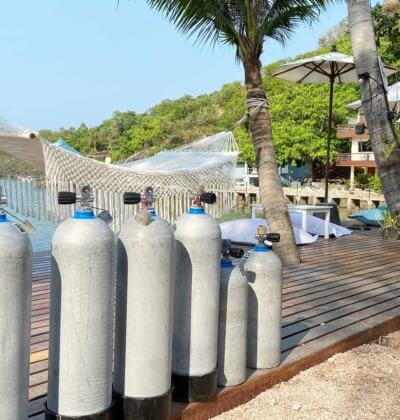 Diving Health
Diving Health
Expert Tips to Safer Scuba Diving
The scuba diving industry loves to speak positively of scuba diving. We love to talk of the magical marine live and tropical islands. However as fantastic activity scuba diving is, it does come with inherent risks and if the risks are not avoided accidents can occur and fatalities do happen.This is a part of scuba diving we don't often talk about. Here are Nine Expert Tips to Safer Scuba Diving.
In 2015 Peter J Denoble MD., Dr.Sc, edited a report commissioned by the Divers Alert Network, titles Medical Examination of Diving Fatalities Symposium Proceedings. This report was produced with the assistance of a range of scuba diving expe [...]
Read The Story
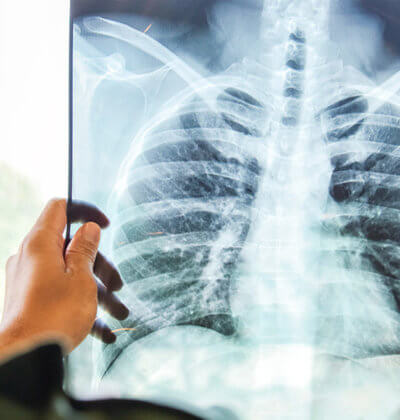 Diving Health
Diving Health
Medical Fitness for Scuba Diving
For all of those that have started a PADI scuba diving course you will be familiar with Medical Fitness for Scuba Diving form. For those about to start a course it will generally be the first piece of paperwork you see.
The purpose of establishing fitness to dive is to reduce risk of a range of diving related medical conditions associated with known or suspected pre-existing conditions. This has no reference to their diving skills.
Scuba diving does involve some risk and pre-sexisting medical conditions can make the risk of a fatality while diving much higher. As a result, the regulations, requirements and medical standards relatin [...]
Read The Story
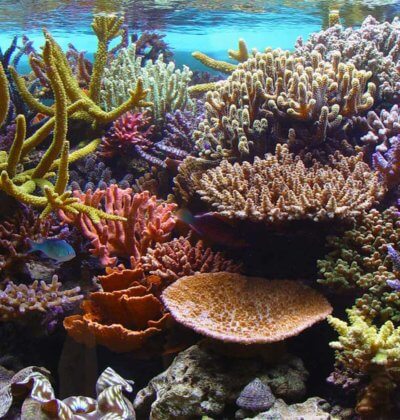 Diving Health
Diving Health
How to treat Coral Cuts and Scrapes
Dealing with coral cuts and scrapes is a common part of scuba diving and here is some tips on how to treat them.
Although scuba divers do their best not touch coral, accident contact does occur. This can cause itching, burning sensations, pain and sometimes rashes. These injuries can take weeks, even months to heal.
Here we will look at why this is so and what we can do to treat these injuries if they occur.
Corals are covered by a soft layer of living tissues. The soft layer is situated on top of the hard layer of coral. When you cut yourself on some, the under hard layer does the cutting and the soft top layer matter remai [...]
Read The Story
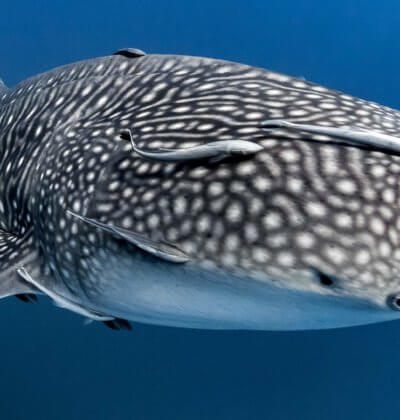 Diving Health
Diving Health
The Curse of the Whale Shark
Was the curse of the whale shark fact or fiction?
My first effort at scuba diving was a PADI Discover Scuba Diving way back in 2006. Back then I had never heard of a Whale Shark. A year later I became a certified diver and I was still none the wiser of the Holy Grail of marine creatures. I am not sure when in the following 3,500 + dives I became aware of them, but as with most underwater creatures that pass by the waters of Thailand, I just assumed a matter of time before I saw one…… or was it?
Look for your whale shark with Aussie Divers: Book Here
Scuba diving can be a cruel game. Given that marine creatures have a [...]
Read The Story
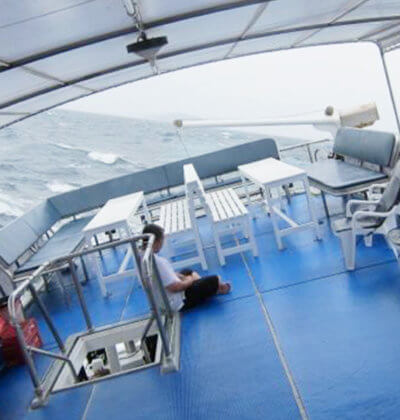 Diving Health
Diving Health
Tips on How to Prevent Seasickness
As boat travel is a common part of scuba diving and unfortunately seasickness/ motion sickness effects 70% of the population. Here are some tips on how to prevent seasickness. Some are legitimately research and some may be myth.
Motion is sensed by the brain through different pathways of the nervous system including the inner ear, the eyes, and the tissues of the body surface. Your body has a few different motion sensory systems. They are located in the inner ear and eyes. We also have skin pressure receptors, and the muscle and joint sensory receptors.
When the body is moved intentionally, for example when walking, the input fr [...]
Read The Story
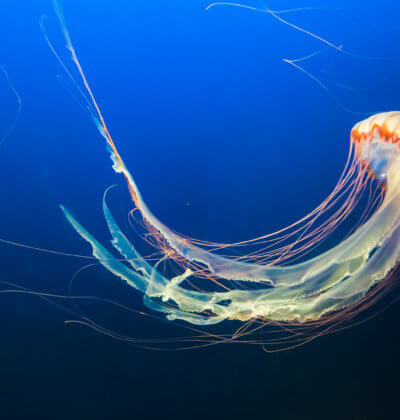 Diving Health
Diving Health
What is the best way to treat a jellyfish sting?
Jelly fish sting are unfortunately part and parcel of diving and can ruin a days scuba diving. Luckily in most cases, self treatment is all that is needed and the effects will go away within 24-48 hours. In nearly all circumstances jellyfish stings are not life threatening and this is more so in Thailand.
Not all jellyfish are dangerous. Most people think that all gelatinous,swimming marine animal encountered at the sea are "jellyfish" and moreover that they all sting. But not all jellyfish are stinging; many are harmless to humans, but it is always best to avoid touching them.
However in Australian the Box Jellyfish (Cubozoans) and [...]
Read The Story
 Diving Health
Diving Health

